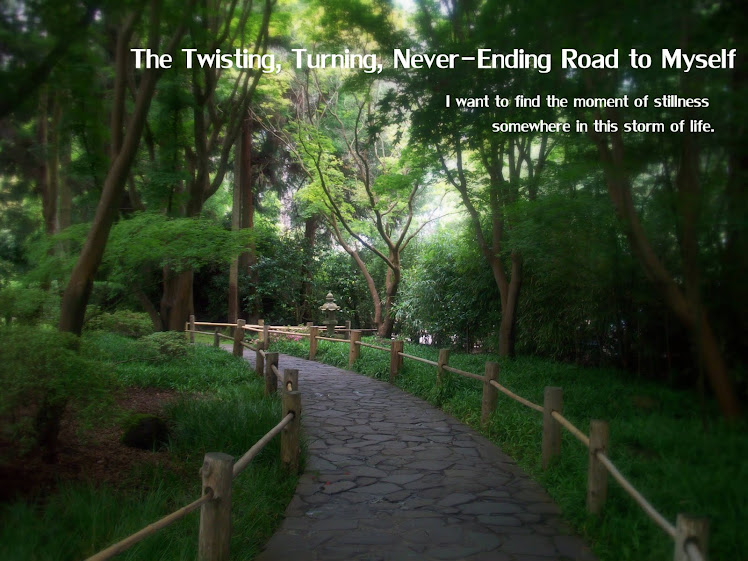
I have been thinking about this a lot lately. And unforunately, I'm not coming up with a satisfactory resolution. You hear on the news all the time that we need to buy, buy, buy! We are being told that it is our patriotic duty to go out and buy things to bolster our flagging economy.
Yet, in general this contradicts what we need to be doing to be practicing sound ecology. We, the United States, already use a vastly disproportionate percentage of the world's resources, energy, water, raw material and then turn around and produce more waste and refuse than any other country on our planet. In fact the old Earth-loving mantra states: "Reduce, Re-use, Recycle." Note, it starts with reduce.
So, you see the dilemma. We are told we must consume more to support our economy, but we know we must consume less to support our planet. I know that there are now all kinds of products that are more Earth-friendly that boast recycled content, fair-trade, sustainably harvested, hand-made, carbon offset and much, much more. And of course, when I can I prefer to buy these things. I prefer even more to buy things that are used; that not only keeps said thing out of the landfills, but requires no new resources to produce and is thus, the most ecologically friendly purchase I can make.
But still the question remains: is it really ecologically sound to purchase things you do not need? Does it not still increase the resource burden? Do we not still have to use dwindling resources to source, produce, ship, and store all these eco-friendly options? Does it not commit one more thing to eventual landfill space, that we don't really have?
I don't want to see our economy fail (or get worse) as that impacts hundreds of thousands of people's ability to feed their families, have jobs, and get adequate health care - among other things. I get that. However, this has really underscored in a very concrete way- a fact I've known for a long time - our way of life is unsustainable. It is not acceptable to have a whole economy predicated on more, more, more consumption all the time. What if we had a way of life focused on better instead of more?
Will we look back at this time in 10 years and see a turning point where we, as a nation, realize that in order to move forward we have to build a whole new economic model based on conservation, innovation, and efficiency? I hope so.
